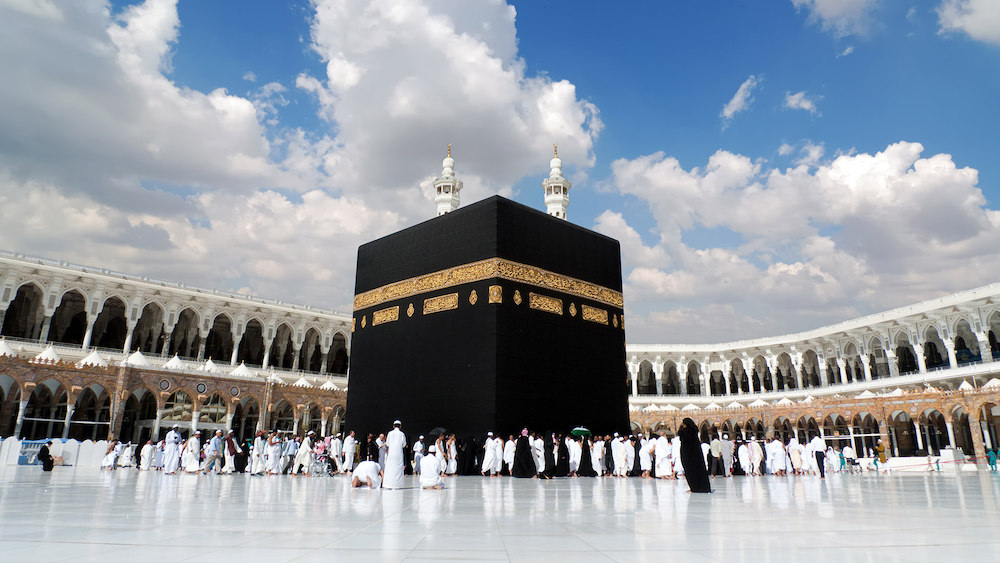There are many non-Muslims studying Islam and wanting to practice some of the actions involved in the religion such as prayer and fasting. The first thing one must learn before getting to these actions is Ghusl and Wudu’ (ablution). These two forms of purity are what will define your actions in Islam; without it, one cannot grasp the benefit involved in these deeds.
Wudu’
This is to be performed before every prayer. It goes as follows:
- Say ‘bismillah’ and make the intention for ablution.
- Wash hands.
- Rinse mouth.
- Rinse nose.
- Wash the face.
- Wash right arm up to the elbow.
- Wash left arm up to the elbow.
- Wipe the head going from the front to the back then to the front again; then with the same water wipe the inside and outside of the ears.
- Wash right foot up to the ankles.
- Wash left foot up to the ankles.
These have to be done in order and every action can be done once, twice or three times, but the recommended is three times as it is the way of the prophets Muhammad (ﷺ) and Ibrahim (عليه السلام).
Ghusl
This is the first thing one should be taught in Islam. It is a way of cleansing one’s soul in preparation for the actions to be done such as prayer and fasting – it is a full body purification.
The main steps taken with this are as follows:
- Say ‘bismillah’ (“in the name of Allah”) and make the intention for Ghusl.
- Wash the private parts with the left hand.
- Perform Wudu’ (mentioned above).
- Wash the right side of the body starting from the right shoulder.
- Wash the left side of the body starting with the left shoulder.
- Finish off by pouring water over the head and body making sure every inch is wet.
This is the method following the Sunnah of the prophet (ﷺ). The minimum requirement for Ghusl is:
- Say ‘bismillah’ and make the intention for Ghusl.
- Rinse mouth and nose.
- Wash entire body making sure every inch is wet.
However, one must understand that Islamic actions such as prayer, fasting and performing “Thikr” (remembrance such as ‘alhamdullilah’) are all done with faith. One can still practice fasting, learn to pray and learn pronunciations of certain Arabic phrases but these actions are only with true benefit when done with belief in Allah; without it, they are merely practical. Nevertheless, they can be as a good form of education.
The most beneficial thing for someone looking into Islam is to study why Muslims carry out these actions. Why we pray, fast and perform other rituals. Understand why certain things are compulsory in Islam and why others are optional. Explore the meanings behind “alhamdullilah”, “insha’Allah” and Allah’s true message to mankind in the Qur’an. This is what will open up the heart and give one a real insight into the religion.
Let us all remember, He the almighty is closer to all mankind than we realise – Muslims and non-Muslims. Islam is for the whole world; Allah addresses mankind as a whole many times in the Qur’an. He says:
“And We have already created man and know what his soul whispers to him, and We are closer to him than [his] jugular vein” 50:16
Allah knows best.
